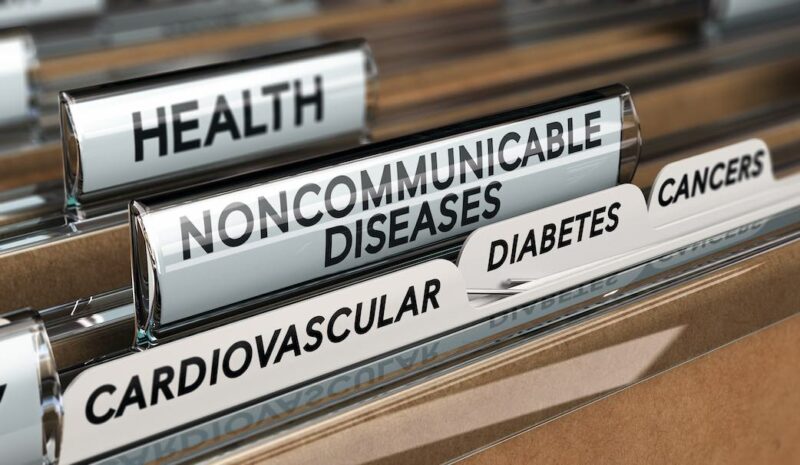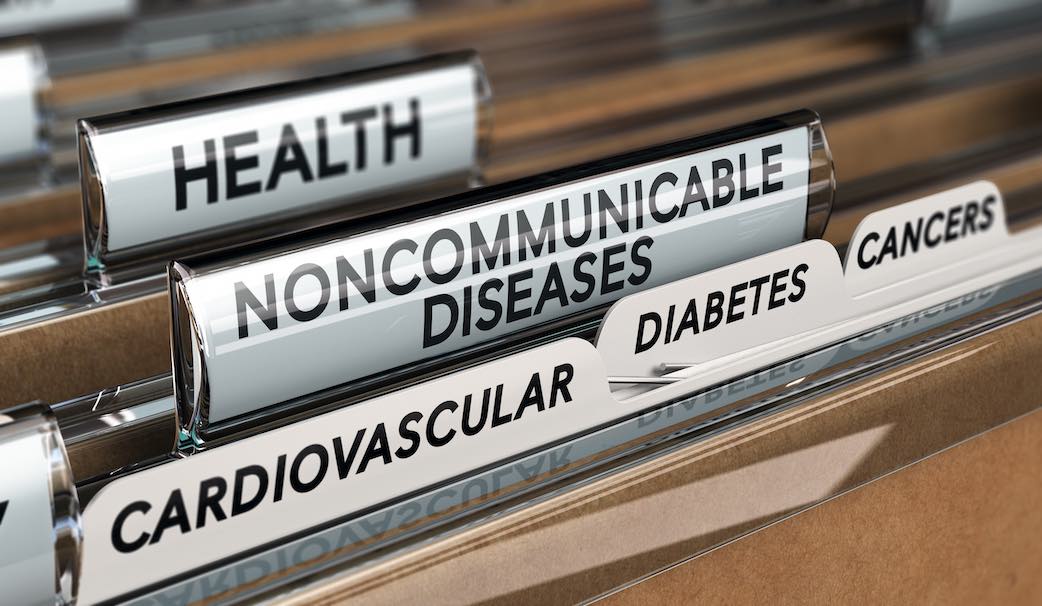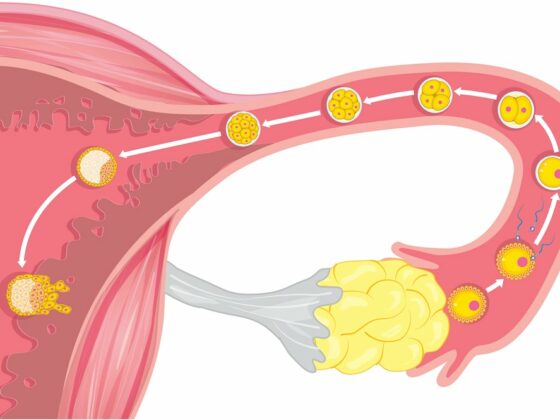Mortality from cancer has increased among older people with type 2 diabetes. The UK cohort study, published in Diabetologica, 24 January, found people with type 2 diabetes were at particular risk of mortality from colorectal, pancreatic, liver and endometrial cancers.
“Our findings underline the growing cancer burden in people with type 2 diabetes, particularly in older individuals, and highlight the need to prioritise cancer prevention, research and early detection and management in this population,” write the authors.
Type 2 diabetes is known to be associated with a higher risk of vascular complications including myocardial infarction, stroke, peripheral artery disease and kidney disease, leading to premature death. Accumulating epidemiological evidence has demonstrated a higher risk of incidence and mortality for some types of cancer in individuals with type 2 diabetes. “Possible biological mechanisms linking diabetes to cancer include long-time exposure to high glucose levels, high insulin levels, insulin resistance and chronic inflammation,” Suping Ling, the first author tells Cancerworld.
Robust evidence also indicates a causal relationship between type 2 diabetes and pancreatic, liver and endometrial cancers. While previous studies have investigated inequalities in vascular outcomes among people with type 2 diabetes by sociodemographic factors, it is not known whether such inequalities exist for cancer mortality rates. In the current study, Ling and colleagues, from Leicester Diabetes Research Centre, University of Leicester, UK, aimed to describe long-term trends in cancer mortality for people with type 2 diabetes based on subgroups defined by sociodemographic characteristics and risk factors.
The investigators identified a cohort of 137,804 adults aged 35 years or older from the Clinical Practice Research Datalink, a UK general practice database, diagnosed with type 2 diabetes between January 1998 and November 2018. Individuals were categorised into subgroups defined by age, gender, ethnicity, socioeconomic status, body mass index and smoking status. The team also estimated standardised mortality ratios comparing mortality rates in people with type 2 diabetes with the general population. Results show:
- During a median follow-up of 8.4 years, all-cause mortality rates decreased across all age groups.
- Those aged 75 with diabetes saw a 1.2% increase in annual cancer mortality; while those aged 85 saw a 1.6% annual increase. This was in marked contrast to those aged 55 who saw a 1.4% annual decrease in cancer mortality; and those aged 65 who saw a 0.2% annual decrease.
- In comparison with the general population significantly higher standardized mortality ratios (SMRs) were found in people with type 2 diabetes for colorectal cancer (SMR 2.40), pancreatic cancer (SMR 2.12), liver cancer (SMR 2.13), and endometrial cancer (SMR 2.08).
- Breast cancer mortality rates increased by 4.1% per year in women aged 55, but decreased slightly at older ages.
- Those living in the least deprived areas saw a 1.5% annual increase in all-cancer mortality compared with a 1% increase for those living in the most deprived areas, leading to a narrowing but persistent gap.
- People with diabetes who were morbidly obese (BMI 35 plus) showed an annual increase in cancer mortality of 5.8% vs 0.7% for those with a normal body weight (BMI 18.5-24.9).
“The prevention of cardiovascular disease has been, and is still considered, a priority in people with diabetes. Our results challenge this view by showing that cancer may have overtaken cardiovascular disease as a leading cause of death in people with type 2 diabetes. Cancer prevention strategies therefore deserve at least a similar level of attention as cardiovascular disease prevention, particular in older people and for some cancers such as liver, colorectal and pancreatic cancer,” write the authors.
An explanation for overall increasing rates and proportion of cancer deaths in older age groups, write the authors, is due to the reduced risk of fatal cardiovascular events that has increased their exposure to diabetes, and increased the likelihood of being diagnosed with conditions other than cardiovascular disease, including cancer.
The study suggests there may be a need to adapt cancer screening programmes for patients with type 2 diabetes. “We should bear in mind that inequalities by age, sex, socioeconomic status and smoking status exist in cancer mortality trends, so targeted cancer prevention, early detection and screening strategies should be further investigated in people with type 2 diabetes to address persistent and widening inequalities,” says Ling. The authors identify breast screening as one area where it may be helpful to extend screening to younger women with type 2 diabetes.
“We plan to continue exploring the incidence of cancer during the clinical course of diabetes, to identify the most cost-effective time windows for possible cancer screening programmes,” says Ling.












